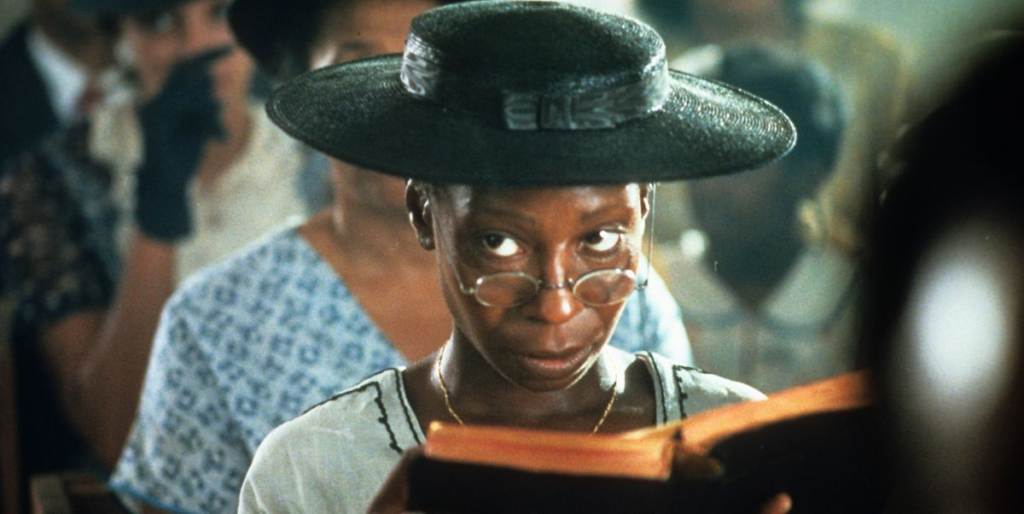Unraveling the Paradox of “Back to the Future”: A Journey Through Time and Consequences

The “Back to the Future” trilogy, directed by Robert Zemeckis and starring Michael J. Fox as Marty McFly and Christopher Lloyd as Dr. Emmett Brown, is not just a beloved cinematic experience; it’s a fascinating exploration of time travel and its paradoxical implications. The films, particularly the first in the series released in 1985, present a complex narrative where actions in the past have significant repercussions in the future, creating what is commonly referred to as the “Back to the Future paradox.”
Understanding Time Travel and Its Consequences
At its core, the “Back to the Future” paradox revolves around the concept of cause and effect in time travel. The paradox emerges when a time traveler changes events in the past, which then alters the future from which they originated. This creates a loop of actions and consequences that can be both unpredictable and complex.
In “Back to the Future,” this paradox is most clearly illustrated when Marty travels back to 1955 and inadvertently prevents his parents, George and Lorraine, from meeting and falling in love. As a result, Marty’s existence is threatened, as the timeline in which he was born may cease to exist.
The Ripple Effect: Altering History and Personal Timelines
The film brilliantly showcases the ripple effect of time travel. Changes made in the past create waves that alter the future in unforeseen ways. Marty’s interference with his parents’ meeting sets off a chain reaction, necessitating his efforts to ensure they fall in love to secure his own future existence.
The paradox intensifies with the introduction of the altered 1985 upon Marty’s return from 1955, where his actions have resulted in significant changes to his family’s dynamics and Biff Tannen’s newfound wealth and power. This alternate 1985 is a direct consequence of Marty’s and Doc’s actions in the past, highlighting the unpredictability of tampering with history.
Temporal Loops and Alternate Realities
“Back to the Future” delves into the concept of temporal loops and alternate realities, where characters encounter different versions of themselves and their environments. This is particularly evident in the trilogy’s second installment, where Marty and Doc navigate a complex web of past, present, and future timelines, each altered by their previous actions.
The Grandfather Paradox and Its Implications
The trilogy also touches upon the ‘Grandfather Paradox,’ a common theoretical problem in time travel narratives. This paradox occurs when a time traveler performs an action that would prevent their own time travel or existence in the first place. While “Back to the Future” doesn’t explicitly deal with this paradox in its most traditional sense, the films play with similar ideas, particularly concerning Marty’s actions that nearly prevent his birth.
Behind the Scenes: Crafting the Paradox
Creating the “Back to the Future” paradox was a meticulous task for Zemeckis and screenwriter Bob Gale. They had to carefully construct a narrative that was both entertaining and somewhat scientifically plausible within the realm of science fiction. The attention to detail in the script ensured that the paradoxes, while complex, were coherent and integral to the film’s plot.
Cultural Impact and Legacy
The “Back to the Future” paradox has had a lasting impact on popular culture and the science fiction genre. It sparked discussions about the theoretical possibilities of time travel and its moral and practical implications. The films have inspired countless analyses, fan theories, and academic inquiries, underscoring their influence and the fascination with time travel they helped popularize.
The “Back to the Future” paradox stands as a testament to the trilogy’s ingenuity and enduring appeal. It challenges viewers to contemplate the intricate web of cause and effect and the ethical considerations of altering history. While grounded in the realm of fiction, the films provide a compelling narrative that stirs both the imagination and a deeper curiosity about the nature of time and our place within it.




